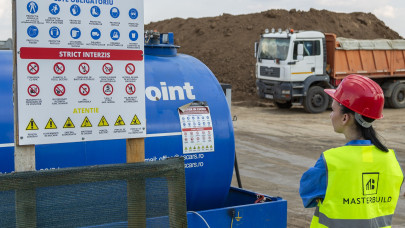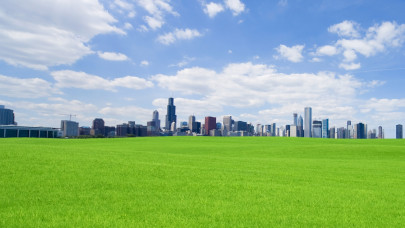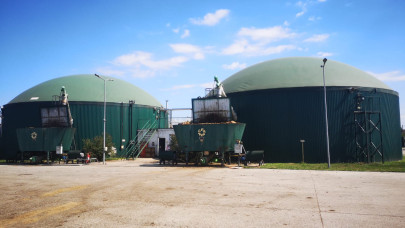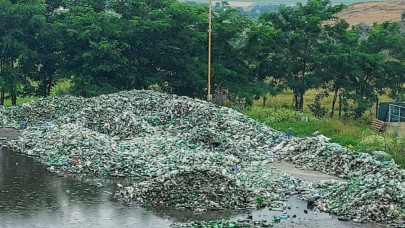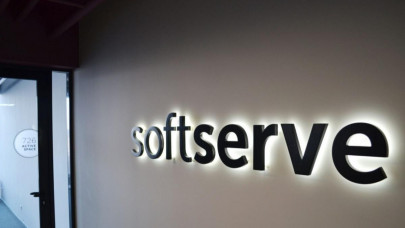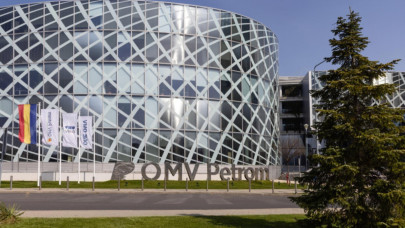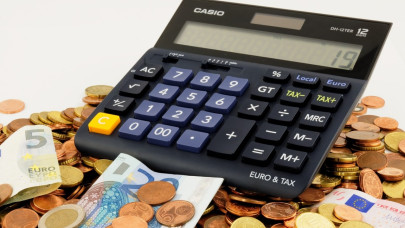”Tarom understands that climate change is real and needs immediate actions. We embrace the goal adopted by the international community for the world to become „green” by mid-century. We make efforts and allocate resources to achieve an ambitious goal of zero greenhouse gas emissions by 2050. We look to preserve the world for generations to come, using new technologies, collaborating with our customers and partners, and encouraging people to innovate. We strive to protect the environment and to reduce our footprint by Complying with regulatory requirements; Operating environmentally efficient procedures; Reducing the waste our activities might generate, safe recovery and disposal; Promoting environmental awareness among our employees, customer, and partners. We are committed to continuously improving our performance to reduce the risks for the environment resulting from our operations”, according to an announcement published on the company's website.
Hazardous liquid waste is collected in 200-litre tin barrels, on which the type of waste is marked, and dangerously contaminated packaging is collected in 1,000-liter IBC containers. The platforms intended for the collection of hazardous waste are covered and fenced.
It also established measures to prevent and reduce the amount of waste generated.
"The selective collection of waste to valorize it contributes to reducing the amount of waste eliminated through storage. The waste disposal method is applied only after all other means have been used to the maximum, responsibly, so as not to produce negative effects on the environment", says the company.
The amount of waste generated is centralized in the waste management record, which is completed monthly. The report on the evidence of waste management is submitted annually to the Ilfov Environmental Protection Agency.
The specific measures applied:
- Efficient management of paper/cardboard: printing only if absolutely necessary and in front/back version; reuse of cardboard boxes; placement of bins for the selective collection of paper/plastic/glass; selective delivery of paper and cardboard waste to authorized recycling companies;
- Improvement of the supply system: maintaining a clear record of the validity periods of the purchased products; the purchase of dangerous chemical products only in quantities that do not allow the formation of stocks and their expiration;
- Efficient waste management of electrical and electronic equipment, fluorescent tubes, batteries/accumulators: avoiding the generation of WEEE by repairing defective equipment; the use of rechargeable batteries instead of batteries; delivery of discarded electrical and electronic equipment to authorized companies in the field of recycling;
- Recovery, disposal, storage of waste: special platforms are set up for the selective collection of waste; waste disposal is done as the last solution for their destruction, the waste disposed of being municipally mixed, taken over by the authorized company.



